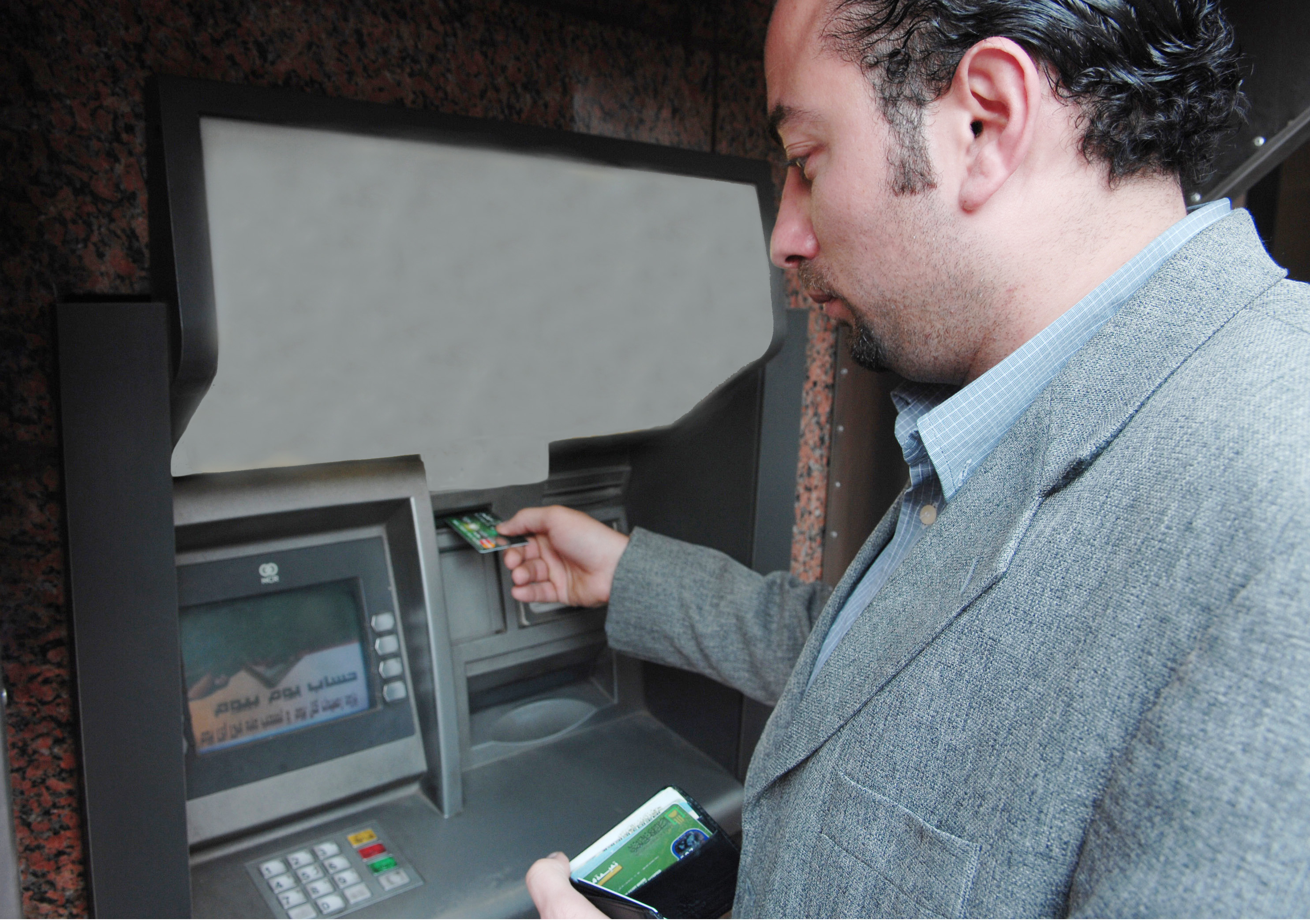|
Subsidies |
FY 2015/16 (billions of EGP) |
FY 2016/17 (billions of EGP) |
FY 2017/18 (billions of EGP) |
FY 2018/19 (billions of EGP) |
|
Food commodity subsidies |
42.7 |
47.5 |
82.2 |
86.2 |
|
Cash subsidies (Social solidarity pensions and Takaful and Karama programmes) |
8.8 |
12.9 |
17.5 |
17.5 |
|
Number of beneficiaries |
0.7 |
1.7 |
2.85 |
3.2 |
Sources: Ministry of Finance and Ministry of Social Solidarity
Food commodity subsidies
In efforts to improve the social safety net during the economic reform programme, the government decided to expand its food commodity subsidies. The authorities increased the allocation for one person to EGP 50 from EGP 15 in June 2015. As a result, the food commodity subsidies bill increased by 72.9% to around EGP 82bn in FY 2017/18 from EGP 47.5bn in FY 2018/19.
Ration cards allowance progression over the years
|
June 2015 |
July 2016 |
November 2016 |
July 2017 |
|
EGP 15 |
EGP 18 |
EGP 21 |
EGP 50 |
Social health insurance and subsidised government health services
Allocations for subsidised medication and social health insurance were more than doubled to reach EGP 10.1bn in FY 2016/17 compared to EGP 4.6bn in FY 2015/16. The new Health Insurance Law was approved by parliament and is to be implemented over 15 years.
Conditional cash subsidies (Takaful and Karama)
Among social protection and support projects that have been executed during recent years, Takaful and Karama came at the top of services benefiting the most vulnerable groups across the country, especially in Upper Egypt.
According to Minister of Social Solidarity Ghada Waly, 67% of the funding for the projects Takaful and Karama is directed to Upper Egypt, and the total beneficiaries of the programme are 8.5 million citizens.
According to the pre-budget document, the programme currently covers 1.74 million families, with 89% of beneficiaries being women. The families are distributed throughout 5,630 villages across the country.
The expected programme expenditure in FY 2016/17 and FY 2017/18 is EGP 16bn.
The Takaful and Karama programmes are divided into two parts: the first aims at providing cash support to poor families who have children studying at different education levels, to ensure that they will continue their schooling.
Families who have students in primary level education receive EGP 60 for each child per month, while parents with children in the preparatory stage receive EGP 80, and EGP 100 is given for each student in the secondary stage. These cash payments are provided to families so long as their children have a school attendance rate of at least 80%.
With regard to Karama, its objective is to provide support for people above 65, those unable to work, and individuals belonging to a family without a fixed income, as well as persons with disabilities.
The programme offers each individual in a family who meets the programme’s conditions EGP 325 per month. If several individuals in a family qualify, EGP 425 is given to two members of the same family and EGP 550 is given to three members within the same family.
Social insurance pensions
Sovereign pension funds witnessed a 114% increase in the FY 2017/18 budget by EGP 33.3bn compared to FY 2013/14. Pensions currently cover 9.2 million people, with a minimum of EGP 500 per person per month.




